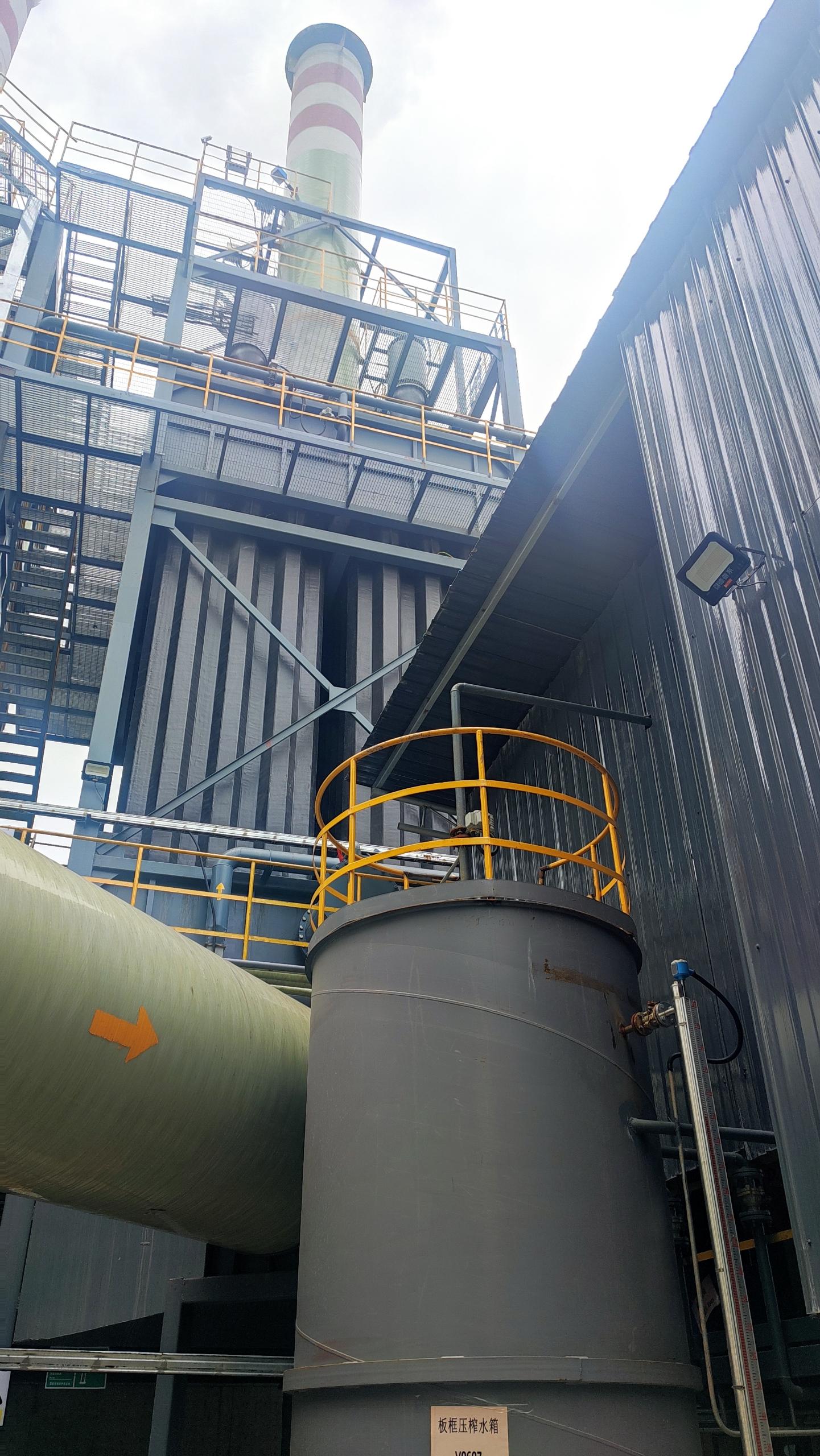Welcome to BAOLAN EP INC.
24-Hour Hotline
- Carbon Capture Utilization
- VOCs series
- DeSOx-DeNOx-Dedust
- Consumables

Contact Baolan

Address: Jurong East Road, Huantai Industrial Park, Zibo City, Shandong Province
Tel: +86-135-8959-1050
E-mail: [email protected]
Tel: +86-135-8959-1050
E-mail: [email protected]
Industry Knowledge
Introduction to Ammonia-based Desulfurization Process
时间: 2025-08-08 10:45
Introduction to Ammonia-based Desulfurization Process Ammonia-based desulfurization is an efficient wet flue gas desulfurization technology that uses ammonia (NH3) or ammonium water as an absorbent to remove sulfur dioxide (SO2) from flue g
Introduction to Ammonia-based Desulfurization Process
Ammonia-based desulfurization is an efficient wet flue gas desulfurization technology that uses ammonia (NH3) or ammonium water as an absorbent to remove sulfur dioxide (SO2) from flue gas through chemical reactions. The process principles and characteristics are as follows:
1. Process Principles
Absorption Reaction
SO2 in the flue gas reacts with ammonium water or ammonia gas in the absorption tower to produce ammonium sulfite ((NH4)2SO3) or ammonium bisulfite (NH4HSO3):
SO2+2NH3+H2O→(NH4)2SO3
SO2+NH3+H2O→NH4HSO3
Oxidation Reaction
Under forced oxidation (air supply) conditions, sulfites are oxidized to ammonium sulfate ((NH4)2SO4), which can be used as a by-product of fertilizers:
(NH4)2SO3+0.5O2→(NH4)2SO4
Crystallization Recovery
Ammonium sulfate solution is concentrated through evaporation, crystallization, and centrifugation to obtain solid ammonium sulfate fertilizer.

2. Process Characteristics
1. Technical Advantages
High desulfurization efficiency: up to 95%~99%, suitable for high-sulfur coal flue gas treatment.
Resource utilization: by-product ammonium sulfate (fertilizer) has economic value, with no secondary pollution.
Strong adaptability: good adaptability to fluctuations in flue gas load and SO2 concentration.
No wastewater discharge: system operates in a closed loop, and wastewater can be reused in the process.
Lower energy consumption: compared to the limestone-gypsum method, energy consumption is reduced by about 20%~30%.
2. Applicable scenarios
Applicable to industries such as power plants, steel, and chemicals, especially suitable for enterprises near ammonia sources (such as fertilizer plants) or those requiring by-product fertilizers.
More suitable for flue gas treatment of medium to high sulfur coal (SO2 concentration > 2000 mg/Nm³).
Three, key process parameters
Absorption tower pH: usually controlled at 5.0~6.0 (too high increases ammonia escape, too low reduces desulfurization efficiency).
Liquid-gas ratio (L/G): about 3~5 L/m3.
Amount of oxidizing air: must ensure that ammonium sulfite is fully oxidized to ammonium sulfate.
Next:No more

Copyright © 2014-2023 BAOLAN EP INC.
Telephone: +86-135-8959-1050 E-mail: [email protected]
Address: Jurong East Road, Huantai Industrial Park, Zibo City, Shandong Province




